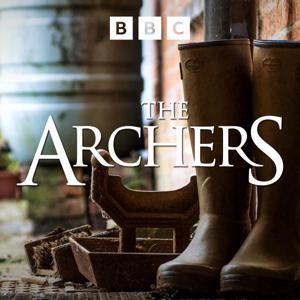
Sign up to save your podcasts
Or












The podcast currently has 16 episodes available.

7,806 Listeners

1,105 Listeners

1,067 Listeners

5,514 Listeners

1,799 Listeners

1,869 Listeners

1,980 Listeners

3,205 Listeners

780 Listeners

1,041 Listeners

15,865 Listeners

379 Listeners